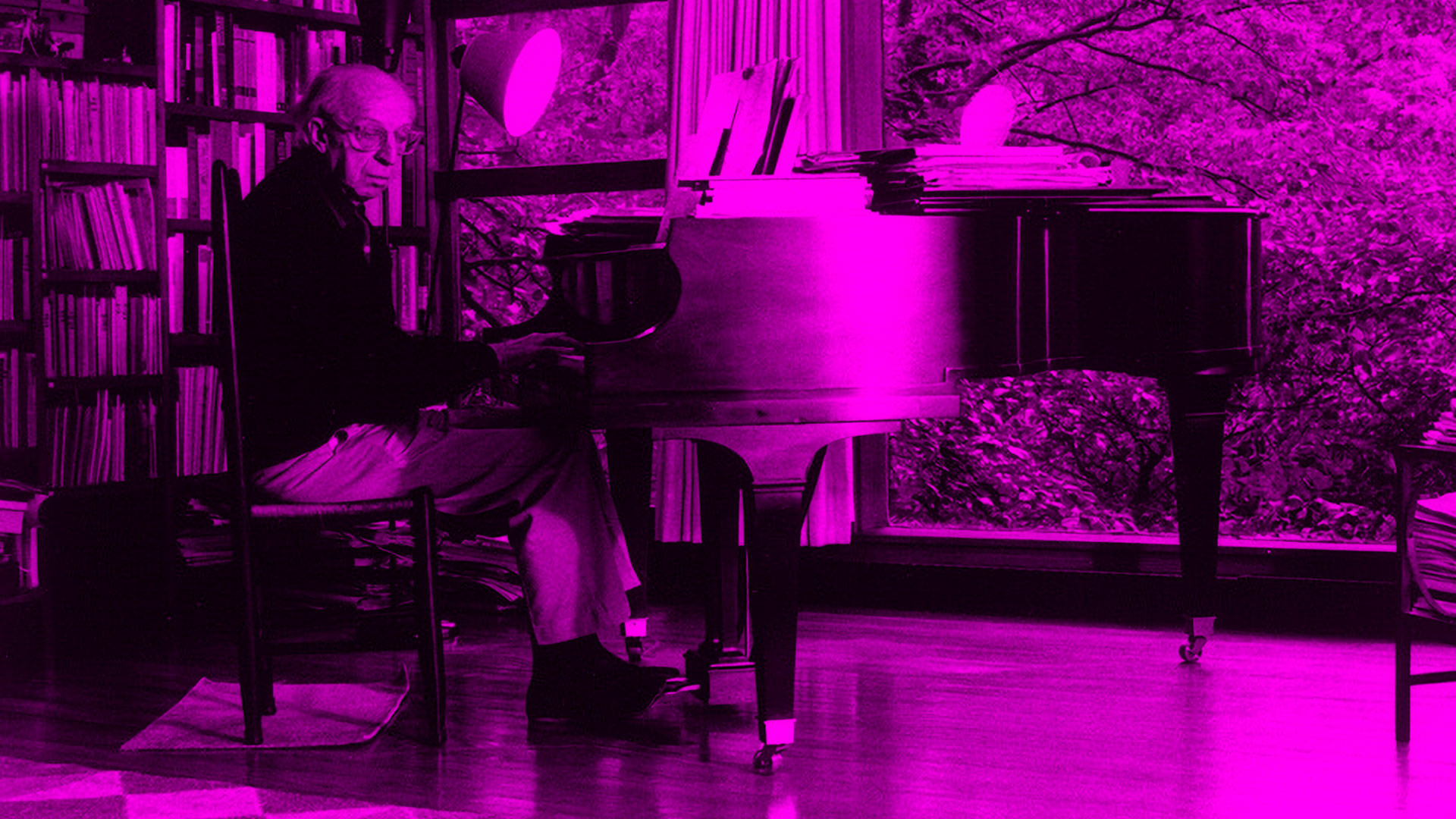AARON COPLAND
Twelve Poems of Emily Dickinson
for soprano and piano
SAMUEL BARBER
Hermit Songs op. 29
for soprano and piano
Despite and still op. 41
for soprano and piano
Soprano
Silvia Frigato
Piano
Claudio Marino Moretti
Aaron Copland’s catalogue contains mostly orchestral compositions, three symphonies, many symphonic pieces of a rhapsodic nature, and soundtracks to some of the most famous American films of the 1930s, 1940s and 1950s (Mice and men by Lewis Milestone, Our City by Sam Wood, The heiress by William Wyler, with which Copland won the Oscar for best original composition). Chamber music was also a fundamental means of expression for the composer, who devoted himself to works for solo piano and voice and piano. The collection Twelve Poems of Emily Dickinson was not born as such, but developed naturally from Copland’s interest in Emily Dickinson’s poems. The first song realised was The Chariot, and gradually the composer set to music eleven more lyrics which he then included in the collection, first performed on 18 May 1950 in New York, with Copland at the piano and Alice Howland. In a short note, the composer wrote: ‘Each song is meant to be complete in itself, but I prefer them to be sung as a cycle. They seem to have a cumulative effect’. One of the common traits of the songs is variety; the music reflects the poetic verses step by step, whose themes range from the relationship with nature to love and spirituality. The piano and voice lines move from intimate introspection to moments of strong tension and harshness, in their own reworking of different influences, including rhythms and melodies from American folklore, jazz and European cultured music. Of eight of the pieces included in Twelve Poems, the composer also produced a version for voice and orchestra in later years.
In the twentieth-century American scene, Samuel Barber is one of the composers most closely associated with the European Romantic and late Romantic tradition. Hermit Songs, a collection of ten songs composed in 1953, is one of Barber’s most famous works of chamber music, and conveys the composer’s great interest in European culture, in this case literary culture. The composer, fascinated by the reading of some medieval texts written by Irish monks, decided to create a musical homage to the lively spirituality that transpired in the ancient verses – using in some cases transcriptions and translations by Wystan Hugh Auden, Chester Kallman, Howard Mumford Jones, Kenneth H. Jackson and Seán Ó Faoláin. Some of the lyrics are short and almost incisive in nature, such as Church Bell at Night, Promiscuity and The Praises of God, while others are more meditative and extended in nature, such as St. Ita’s Vision, The Monk and his Cat and The Desire for Hermitage. Barber’s writing follows the original metrics, creating cohesion and uniformity between word and music, and a highly expressive effect. Despite and Still, a collection of five songs made several years later, in 1968, and dedicated to soprano Leontyne Price, develops on a different plane. The texts, by Robert Graves, Theodore Roethke, James Joyce, explore darker themes, such as loneliness and the loss of love, through very different languages. Here Barber, who was experiencing a particularly difficult personal moment, fully expresses his deep connection to the tradition of musical Romanticism, but also influences such as early 20th century Europe and film music. The more linear and melancholic melodic writing of titles such as In the Wilderness and Solitary Hotel alternates with the marked rhythms and sometimes haunting dissonances of A Last Song, My Lizard and Despite and Still.
Ludovica Gelpi

